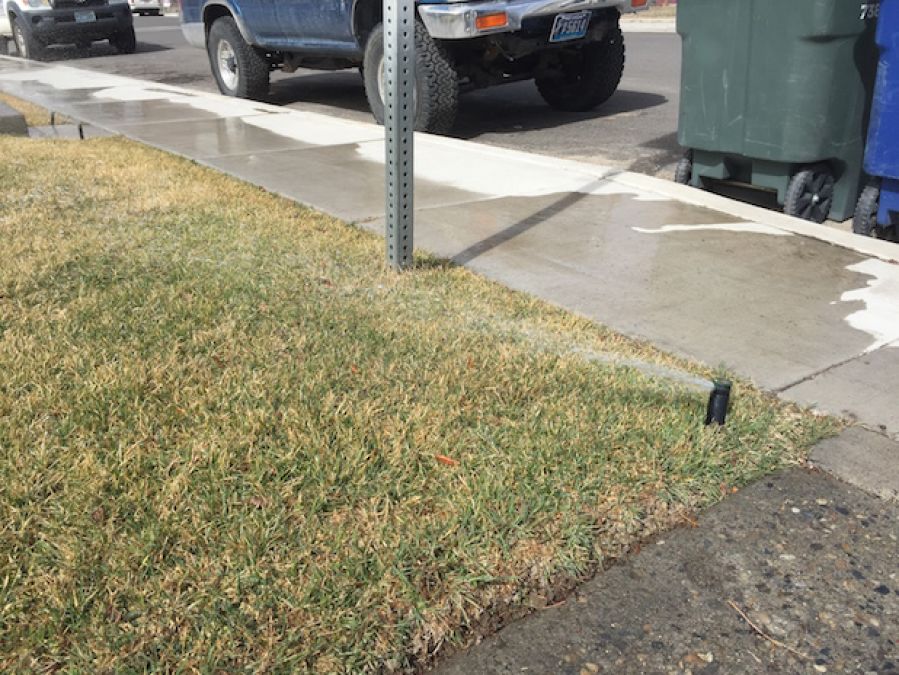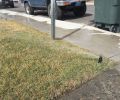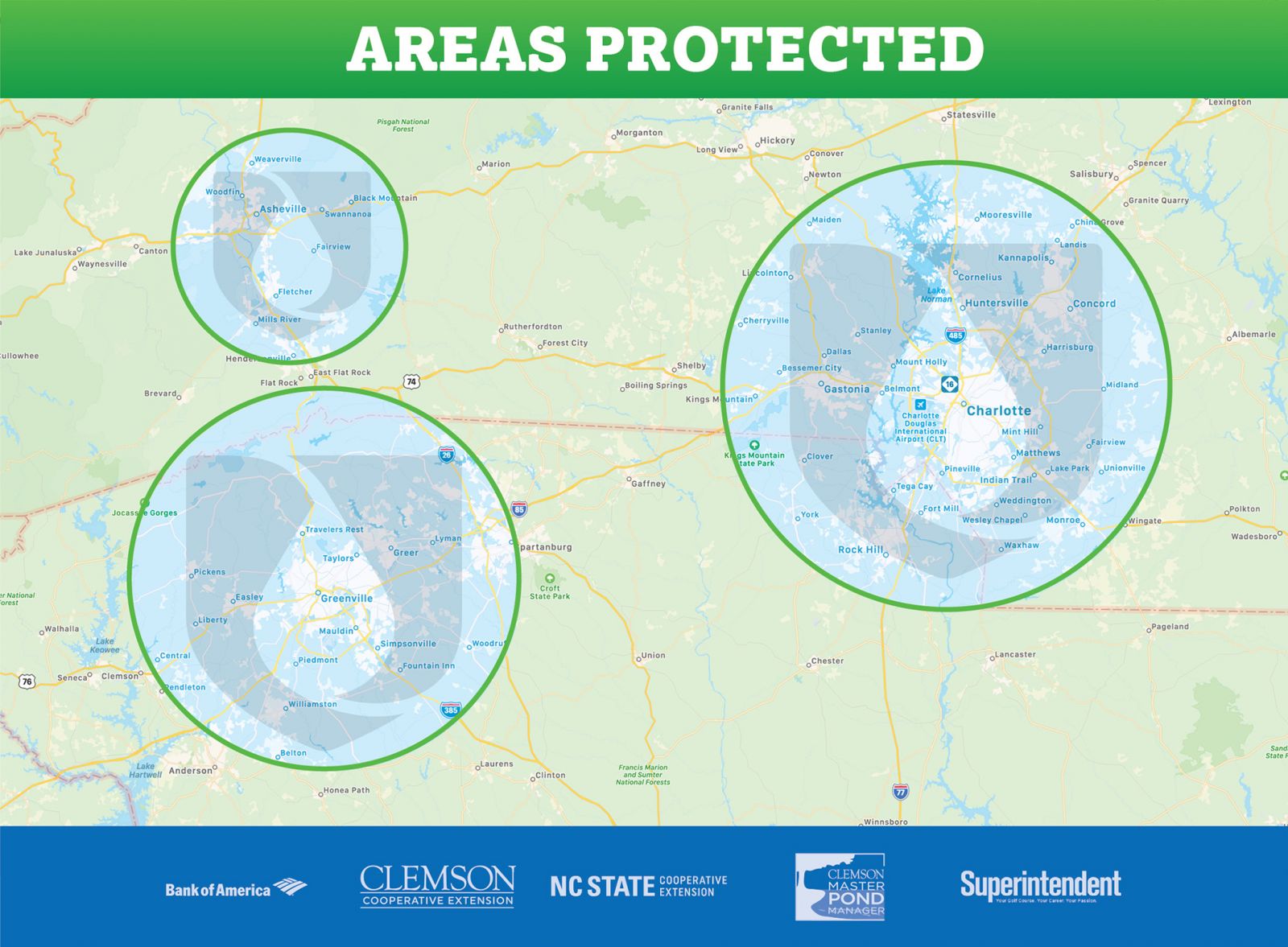
Tips for Homeowners in Charlotte, NC During the Months of April and May
April: How to properly leave mulch and grass clippings
“When you cut the grass, leave it at 2 1⁄2 to 3 inches tall. Mow the lawn often enough so that clippings are not longer than one- third (1/3) of the grass blade, so they can decompose easily into the soil.
Did you know that excess nitrogen and phosphorus from lawn fertilization is often a pollutant to streams, fostering algae growth which depletes oxygen levels, harming your fish?
Help your stream by avoiding spring fertilization, and leave your grass clippings on your lawn. Grass clippings supply between 25% and 50% of nitrogen and phosphorus needs.
Mulched beds trap and infiltrate more rainwater than lawn or bare soil. Spread out any excess mulch away from trees and shrubs, making sure the tree’s ‘flare’ is exposed, and allowing it to decompose.
Top off with a thin layer of fresh mulch, making sure the mulch is no deeper than 3” and does not touch the tree bark. Never spread fresh woodchips around trees or shrubs; their decomposition will harm plants.
May: Replace some turf with mulched beds, a rain garden, or pocket meadow
Create new areas in the yard that will absorb roof water from downspouts, runoff from paved areas, and puddles in compacted soil areas. Start a flower or vegetable patch, build a bog or rain garden, or establish a pocket meadow, to absorb rainwater.
Mulch all bare soil in planted beds and under trees and shrubs with composted leaf mulch from your municipal leaf composting operation.” Homeowners Key to Community Stormwater Management
Taking care of your lake or pond is not a luxury, it’s a necessity. As your local pond management professionals, we’ve been there. Let us help guide you as a member to protect, plan, and preserve your pond or lake if you live in the Charlotte NC, Asheville NC, and Greenville SC areas.
Get started. Become a member today!



